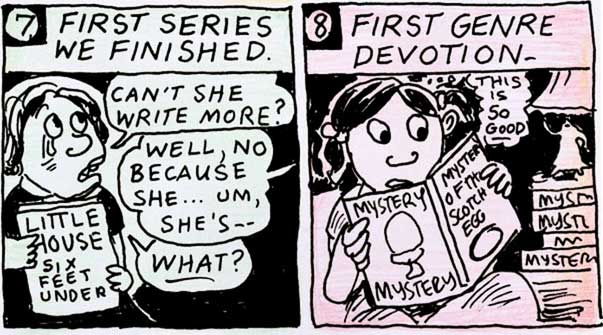Larry Moran has noticed a curious arrangement of books in his local bookstore.
He asks whether those are appropriately categorized, and where they should go.
The Happy Atheist has some sciencey bits and is colored by a scientific attitude, but I’d openly agree it is not a science book. It’s an atheist book. It belongs in a more philosophical section.
Larry likes to argue that the creationists are at least trying to do science, even if they are doing it incredibly badly and dishonestly; the Meyer book refers to more science than does mine, so should it be more deserving of its place in the science section? If we’re calling it bad science, we’re still calling it science, you know. Maybe bookstores need a pseudoscience section to cope with this filing problem (unfortunately, the pseudoscience section might be larger and more popular than the science section.)
I have a simple solution for right now, though. File my book in philosophy/lifestyle, maybe even the religion section (it is anti-religious, in the same way Meyer is anti-science).
File Meyer’s book in the dumpster out back.




